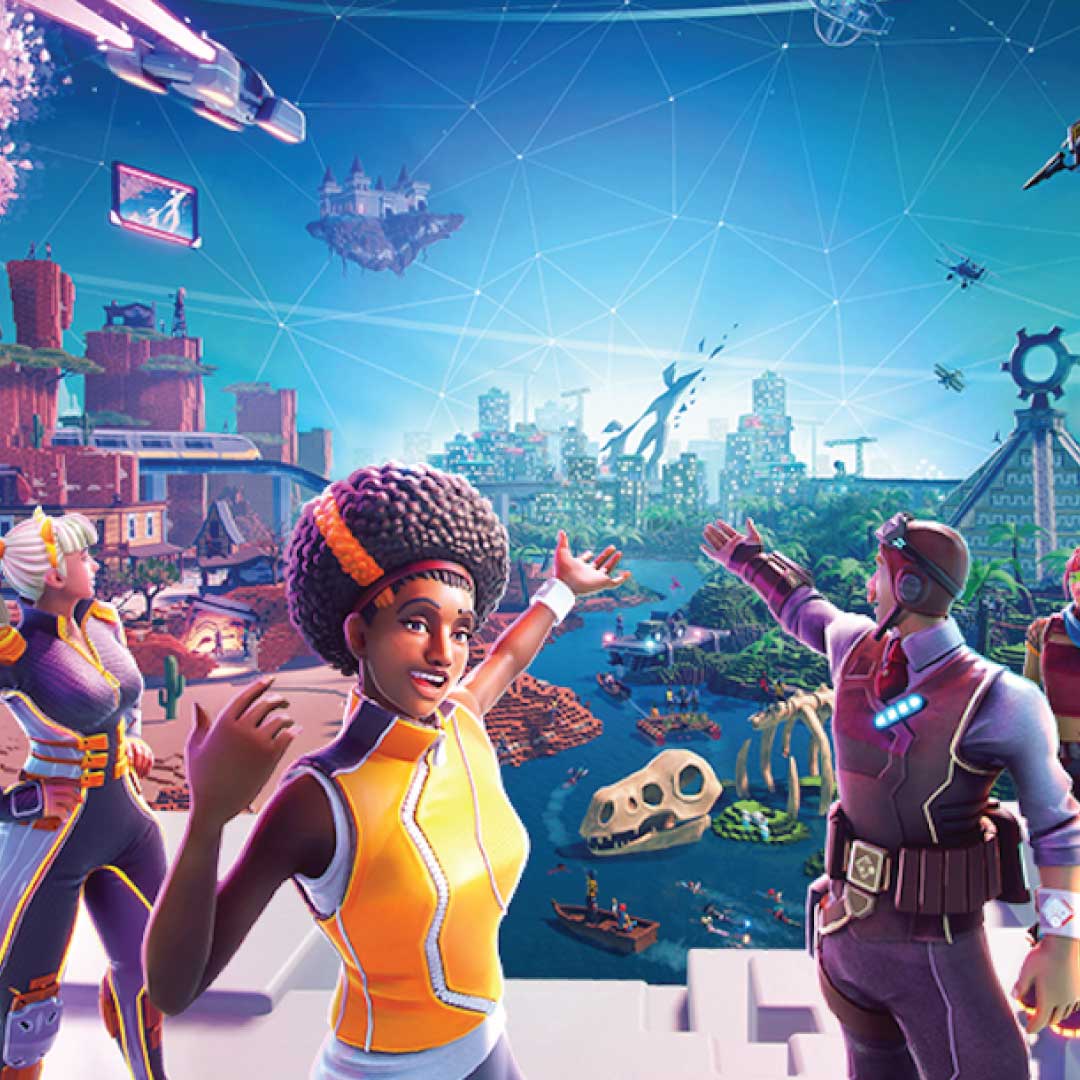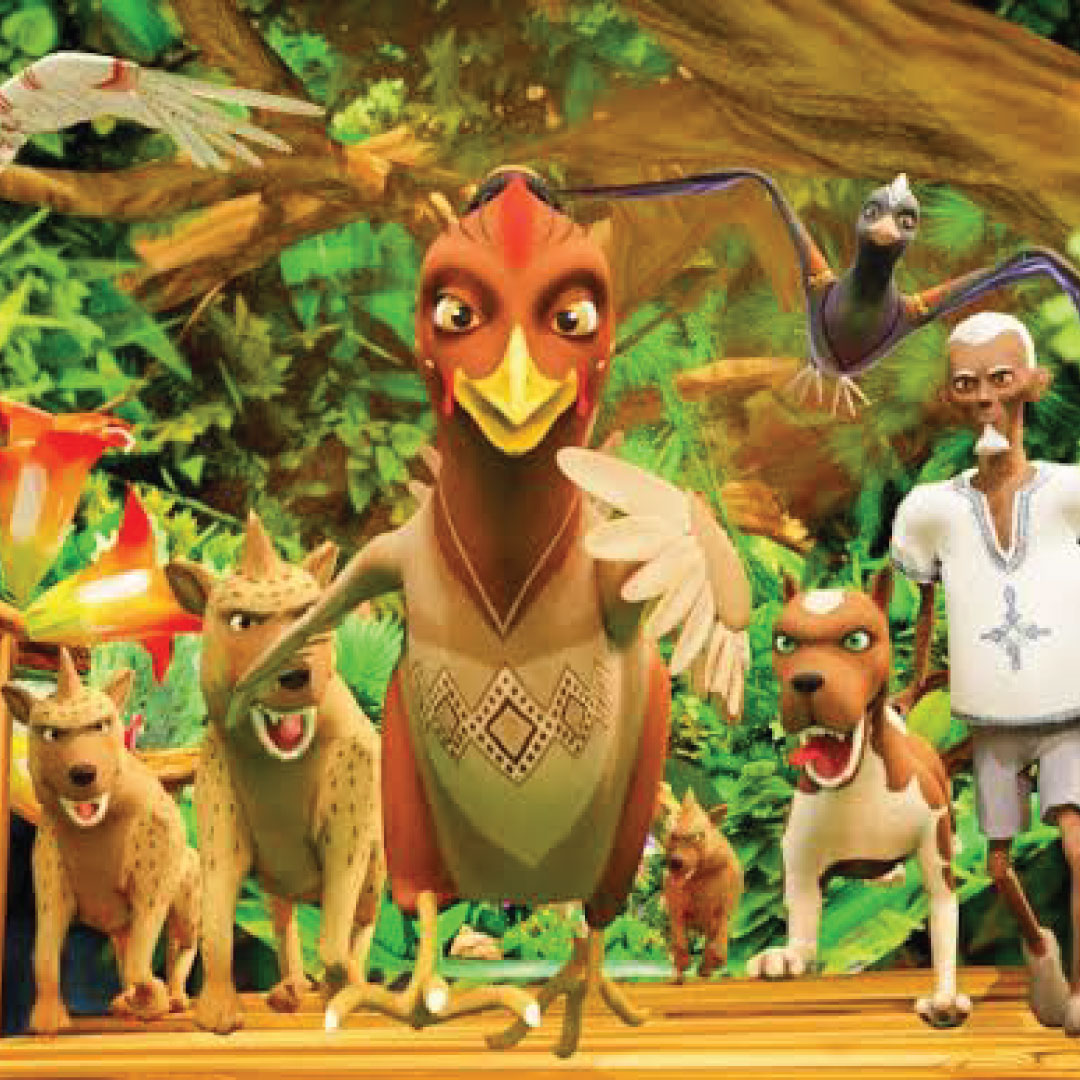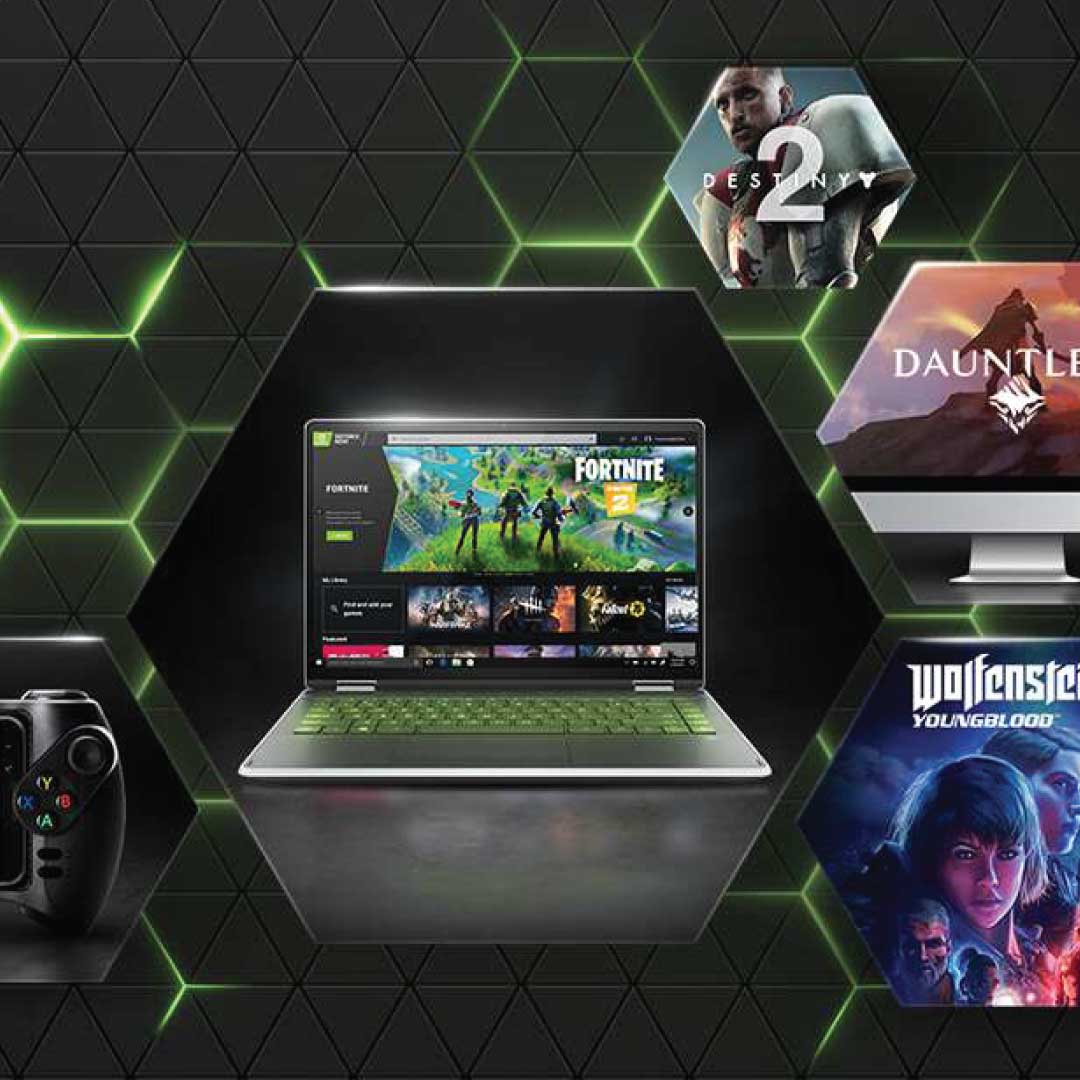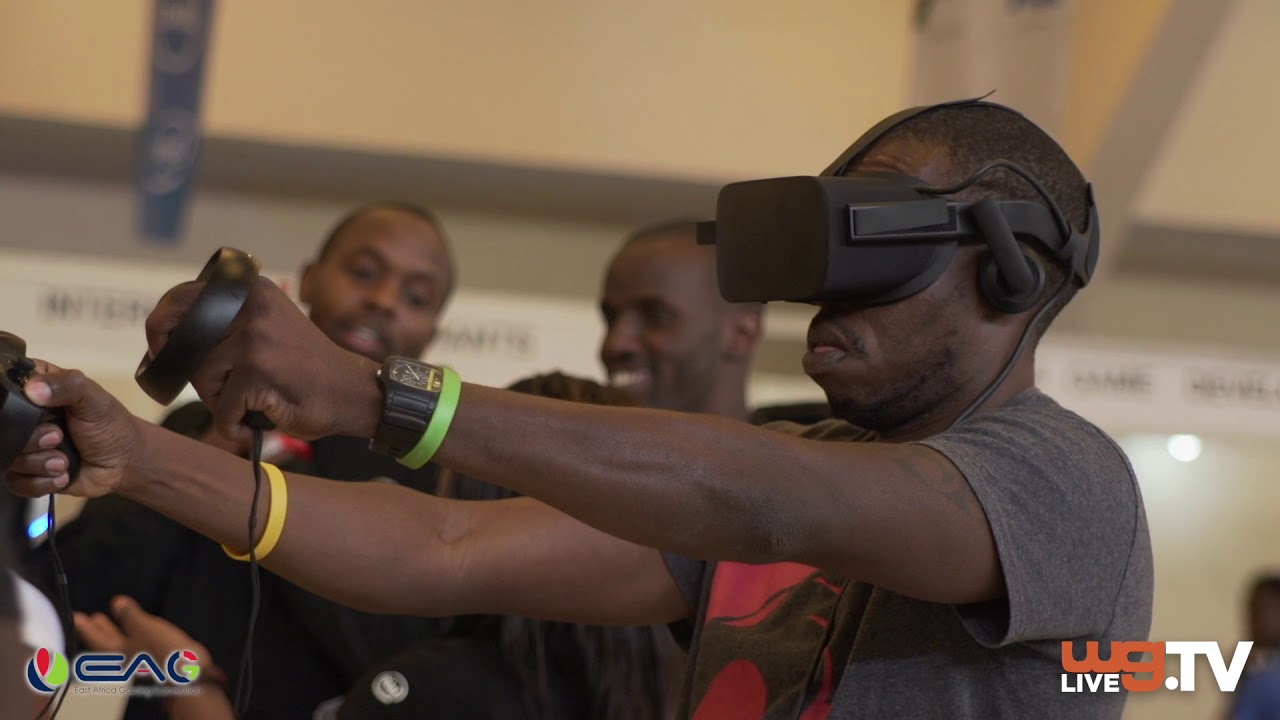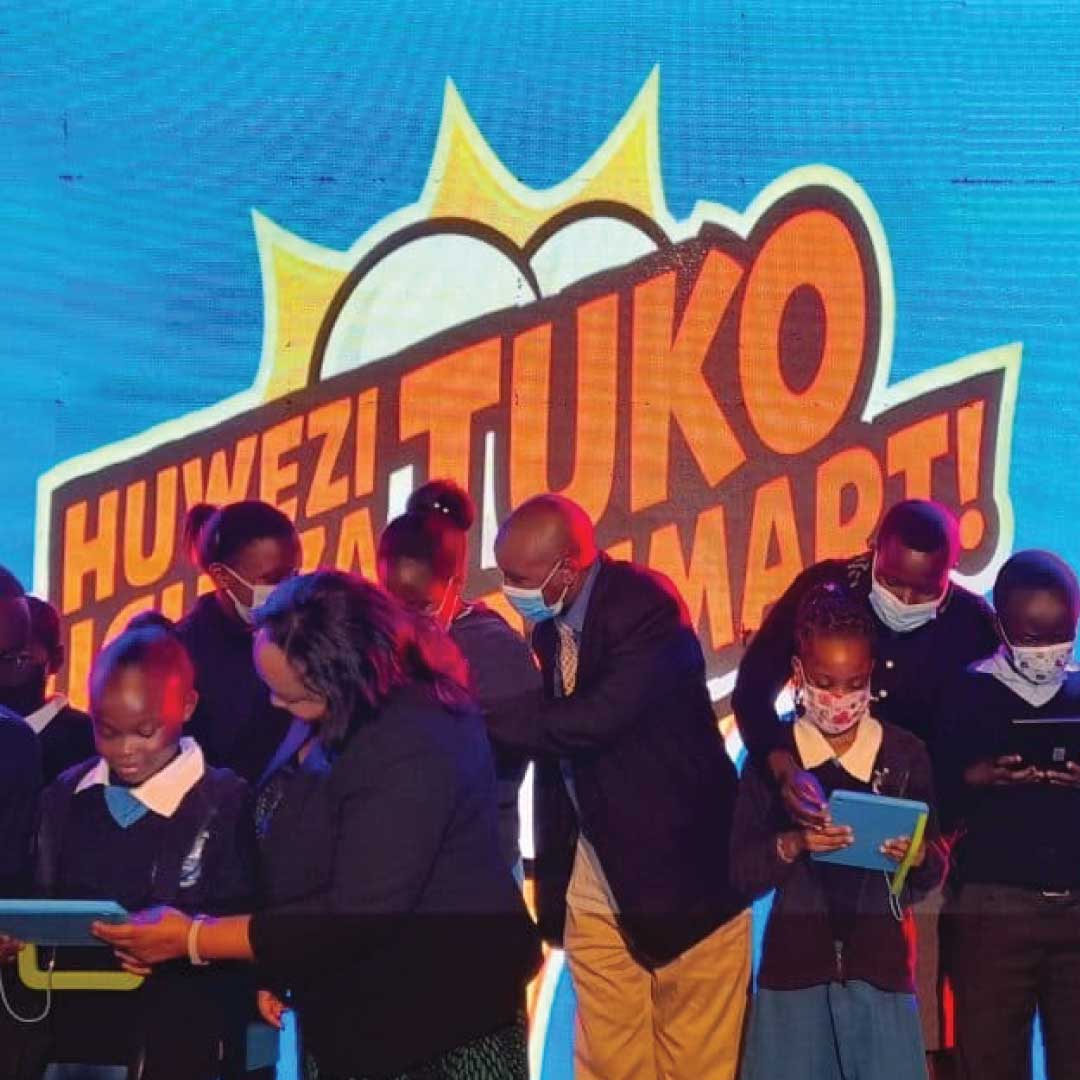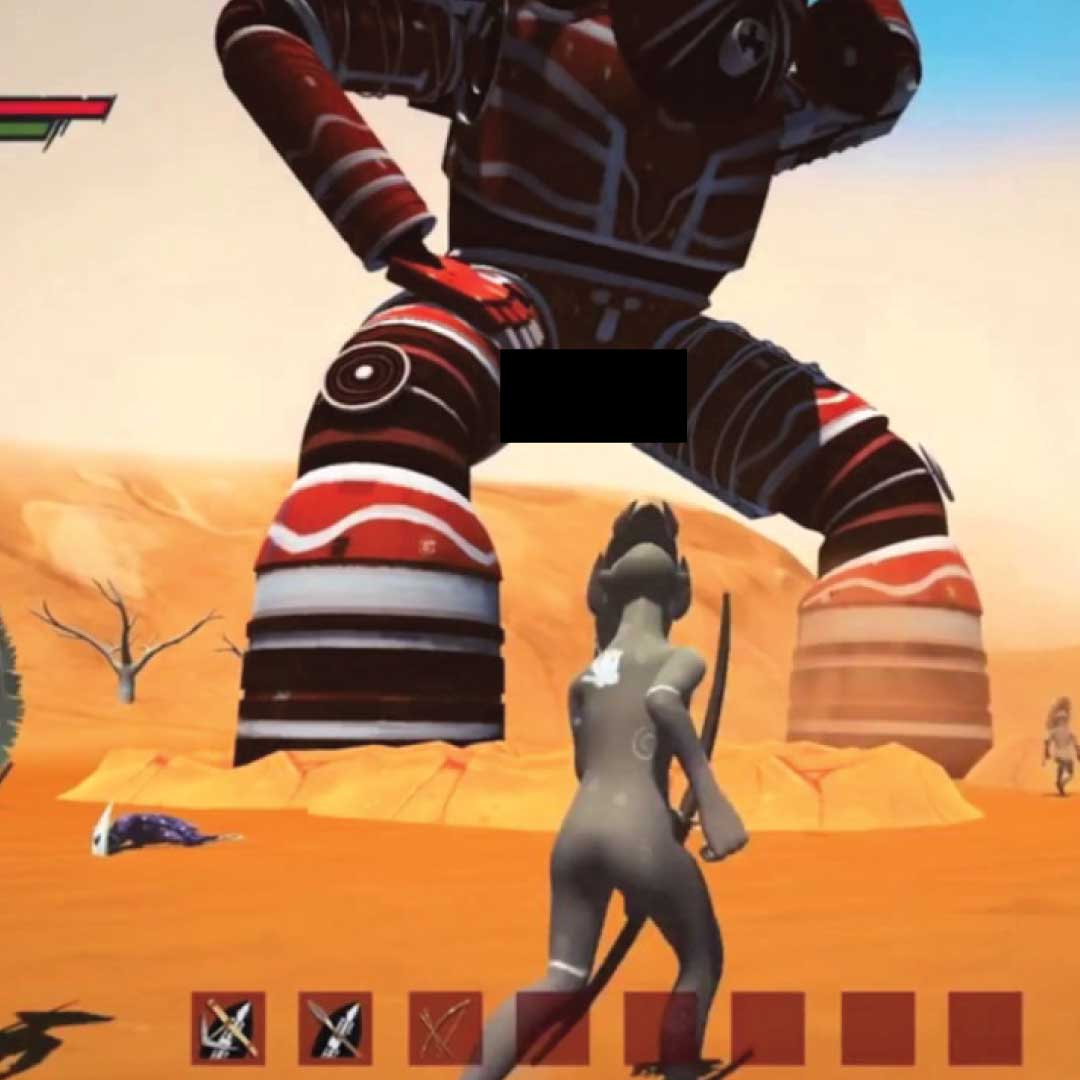Metaverse Magna (MVM), an African cryptocurrency gaming platform, has raised $3.2 million through a seed token offering, which valued the company at $30 million when all of its shares were sold.
Investors including South Korean video game developer Wemade, Japan-based blockchain-focused venture capital firm Gumi Cryptos Capital (GCC), HashKey, Tess Ventures, LD Capital, Taureon, AFF, Polygon Studios, Casper Johansen (Spartan), and IndiGG all welcomed participation in MVM, which was incubated in partnership with a multi-strategy blockchain investment fund, Old Fashion Research (OFR). In a statement, MVM said the funding will expand its efforts to build “Africa’s largest gaming DAO and provide gamers with access to world-class opportunities.”
More than 3 billion people play video games and spend more than $200 billion annually on consoles and in-app purchases like NFTs. Platforms such as MVM see games as a means of bringing these millions of consumers online.
Merging Crypto and Web 3
The game DAO releases mobile games in emerging countries and produces developer tools for game developers to make use of new revenue streams in web gaming. When asked why MVM needed to raise money after the African web3 start-up closed a $6.45 million round this year, Nestcoin CEO Yele Bademosi responded in an email interview that it functions as an autonomous entity as part of the larger Nestcoin ecosystem.
Read also: The Explosive Growth of Blockchain Funding and Cryptocurrency in Africa
“Africa has the highest youth population globally, but over 60% of the continent’s youth are unemployed,” said Bademosi. “Gaming presents a unique opportunity to help young Africans earn and lift themselves and their families out of poverty. MVM’s seed sale token ensures opportunities for millions of gamers in these emerging markets. ”
Axie Infinity and Pegaxy are two examples of free-to-play Web 2.0 games and crypto games. What began as a gaming guild offering play-to-earn scholarships to over 1,000 gamers has grown to a 100,000-member-strong community across an ecosystem that includes 2,000+ gamers, 10,000 Telegram, and 20,000 Discord members.
MVM said that it is building the software for the Hyper social game, which will come out soon. In the same interview, Bademosi mentioned that the gaming DAO platform was developing ten Web 2.0 games, most of which were hypercasual games that spanned several genres. These games included Candy Blast, the platform’s take on Candy Crush, Wordler, Kong Clumb, and Electron Dash.
When queried, Bademosi tentatively replies, “12 months,” even though MVM doesn’t have a specific time for releasing its token to the general public. Additionally, after the Token Distribution Event, MVM tokens would be locked for 12 months before being unlocked for 30 months in quarterly increments. The platform’s CEO also said that, in line with its “create in public” philosophy, more information about the governance token for MVM’s member community would be made available in due time.
“Gaming guilds will be one of the mainstream DAOs and play a pivotal role in game tokenomics.” “Partnership with MVM is an opportunity to expand the ecosystem of WEMIX [a global blockchain gaming platform developed by Wemade] in Africa, a continent with a rapidly growing market and a young population,” said Henry Chang, CEO of Wemade, in a statement.
Nestcoin raises $6.45 million in pre-seed funding to accelerate web3 adoption in Africa.
The initial wave of opportunity created by technical improvements was lost on Africans and people in emerging markets. People in these areas have always had to play catch-up regarding technology, be it computers, the internet, finance, artificial intelligence, or any other technology (apart from mobile tech).
However, emerging technologies like web3 and crypto give Africans optimism that they may be able to shape how it looks in the years to come significantly. Nestcoin, a business established in November of last year that develops, manages, and finances web3 apps, aspires to play a key role in this shift and has secured $6.45 million in a pre-seed round to that end.
Cryptocurrencies Growth in Africa
According to a study by New York-based research firm Chainalysis, the market value of cryptocurrencies in Africa increased by 1,200%, reaching $105.6 billion between July 2020 and June 2021. The causes of this rising adoption include regional inflation, depreciating currencies, high unemployment rates, and unpredictable economic conditions. Despite numerous governments’ attempts to curb it, we should anticipate stronger crypto growth since these problems will not soon go away in Africa.
Read also: Nigeria, Binance, and Talent City Partner for Crypto City
Peer-to-peer transactions and retail trading are two main reasons why African people are starting to use cryptocurrencies. Yele Bademosi and Taiwo Orilogbon, the co-founders of Nestcoin, were in charge of Bundle Africa, one of the continent’s well-known crypto trading platforms, before founding Nestcoin.
When Bademosi decided to launch Bundle as CEO in 2019, he was the director of Binance Labs in Africa, overseeing blockchain startup incubation and development. The company’s chief technology officer was Orilogbon.
Bademosi had high hopes for Bundle, which was created on the biggest platform for trading cryptocurrencies. “The goal was to be present in 30-plus African countries and have millions of users,” he said in an interview. Three years after he left, Bundle had fewer than 100,000 active customers and was only available in Ghana and Nigeria in the upcoming couple of years.
“The first iteration of crypto products were trading products. The second iteration has been more like decentralised finance and non-custodial trading of financing activities,” said Bademosi.
“The current situation of crypto, and now more like applications that everyday people use and love, whether it is like consumer applications, finance apps, entertainment, gaming, but these applications now have potential to reach millions of users across frontier markets. And that’s what we are trying to do with Nestcoin.”
Examining the Digital Currency Group can help you comprehend how Nestcoin functions (DCG). The venture capital and holding company are based in Connecticut. It has more than 60 subsidiaries and investments in cryptocurrency and blockchain in 30 different countries, including LUNO, CoinDesk, and Bitso.
But Nestcoin focuses on developing, investing in, and running web3 and non-custodial solutions that are more accessible to regular people in frontier areas. On the other hand, DCG focuses on western markets and developing products with custodial features for HNIs and institutional clients.
